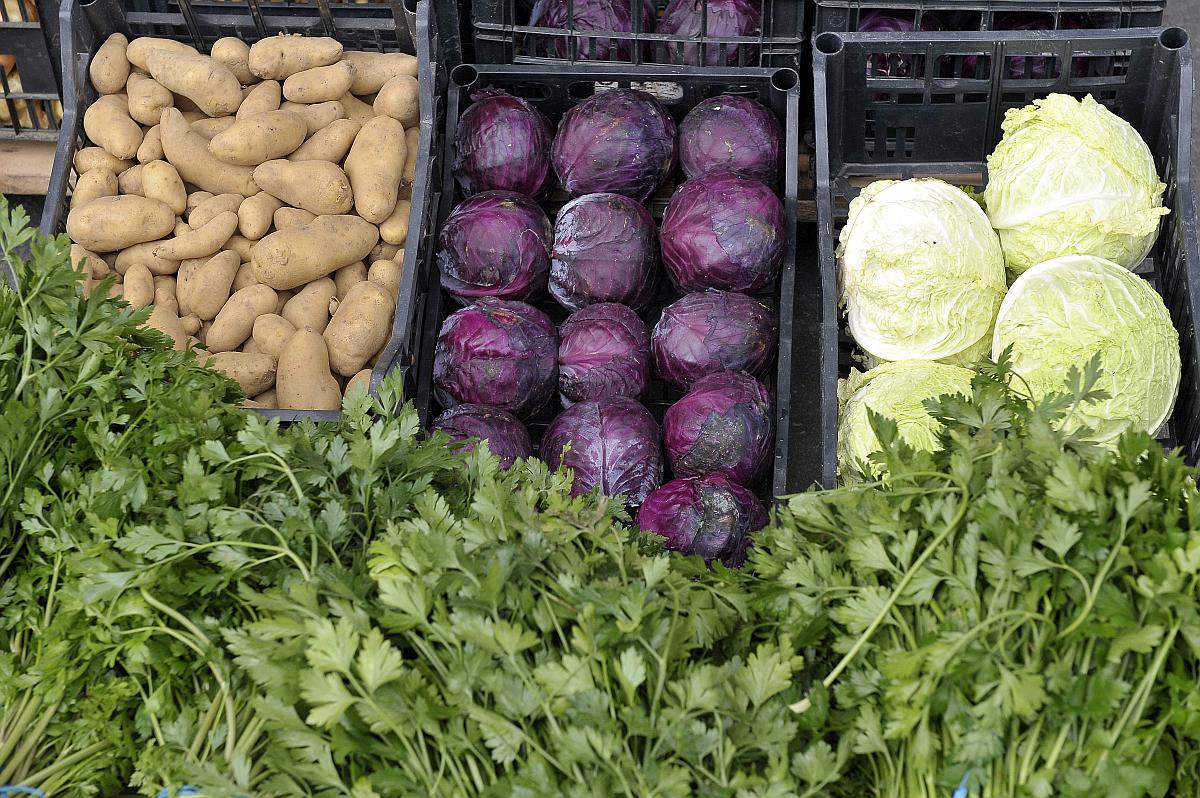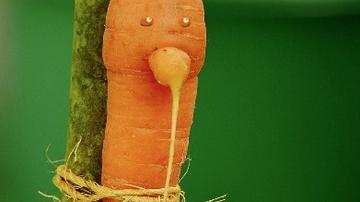Slovene production accounts for only 38% of domestic market needs. But until we start to identify local producers and local suppliers, the sector will not recover from this crisis.
The vegetable sector is in big trouble, says Branko Majeric, president of the vegetable supply chain committee. He is convinced that legislators are responsible for this. "They did either not know or they have deliberately framed the legislation to prevent joining up dots within the sector, the development of the sector. And it is also preventing the adoption of a nationwide selected quality scheme," suggests Majeric.
The legislation allows vegetables to be sold without invoices, without evidence and so without supervision. The vegetable sector has no foundations, as it keeps no records, says Majeric. Data on vegetable producers in Slovenia, their produce and offers do not match, because there are most probably suppliers on the market about which the state knows nothing.
This means that there is unfair competition in the market and a pressure to lower prices. Prices are so low that it is quite unrealistic to expect an increase in vegetable self-sufficiency. Co-operatives say that the criteria for subsidising vegetable crops do not suit the nature of their production. Patricija Pirnat from Agraria Koper says that in the coastal region, subsidies are not being claimed for vegetable production, as this is too big a bureaucratic obstacle. Taxation is also higher and 'farmers have decided that they do not want to receive subsidies for vegetable crops, because they are unfair compared to other agricultural sectors.'
We would have more realistic data if we had in place a register of producers and a vegetable code book. Vegetable supply chain representatives will ask Minister Aleksandra Pivec to set up registers, along with some other solutions.




























































